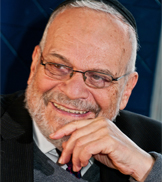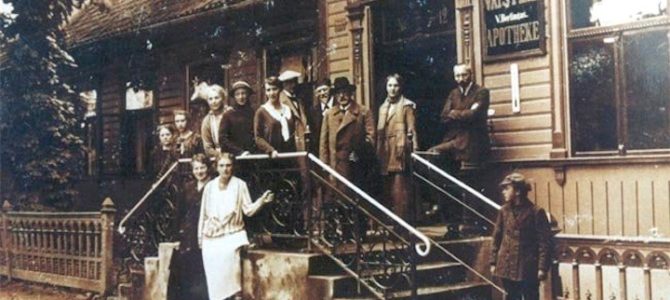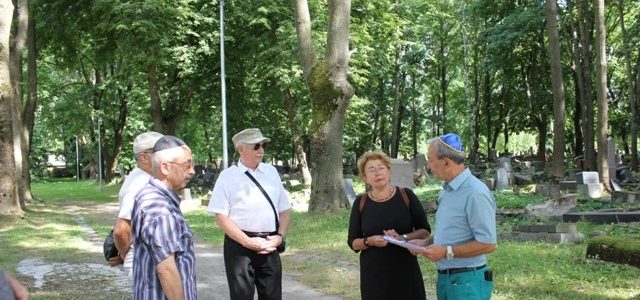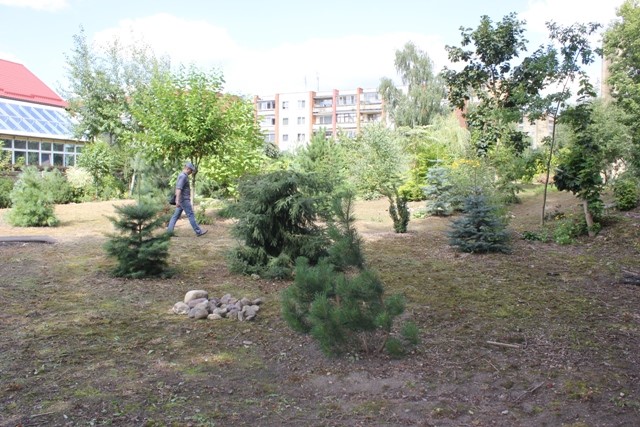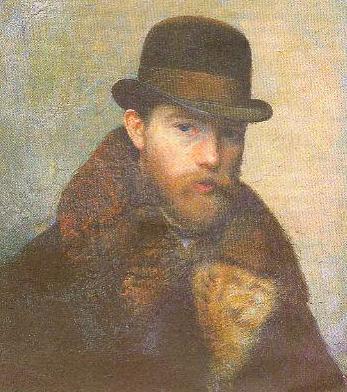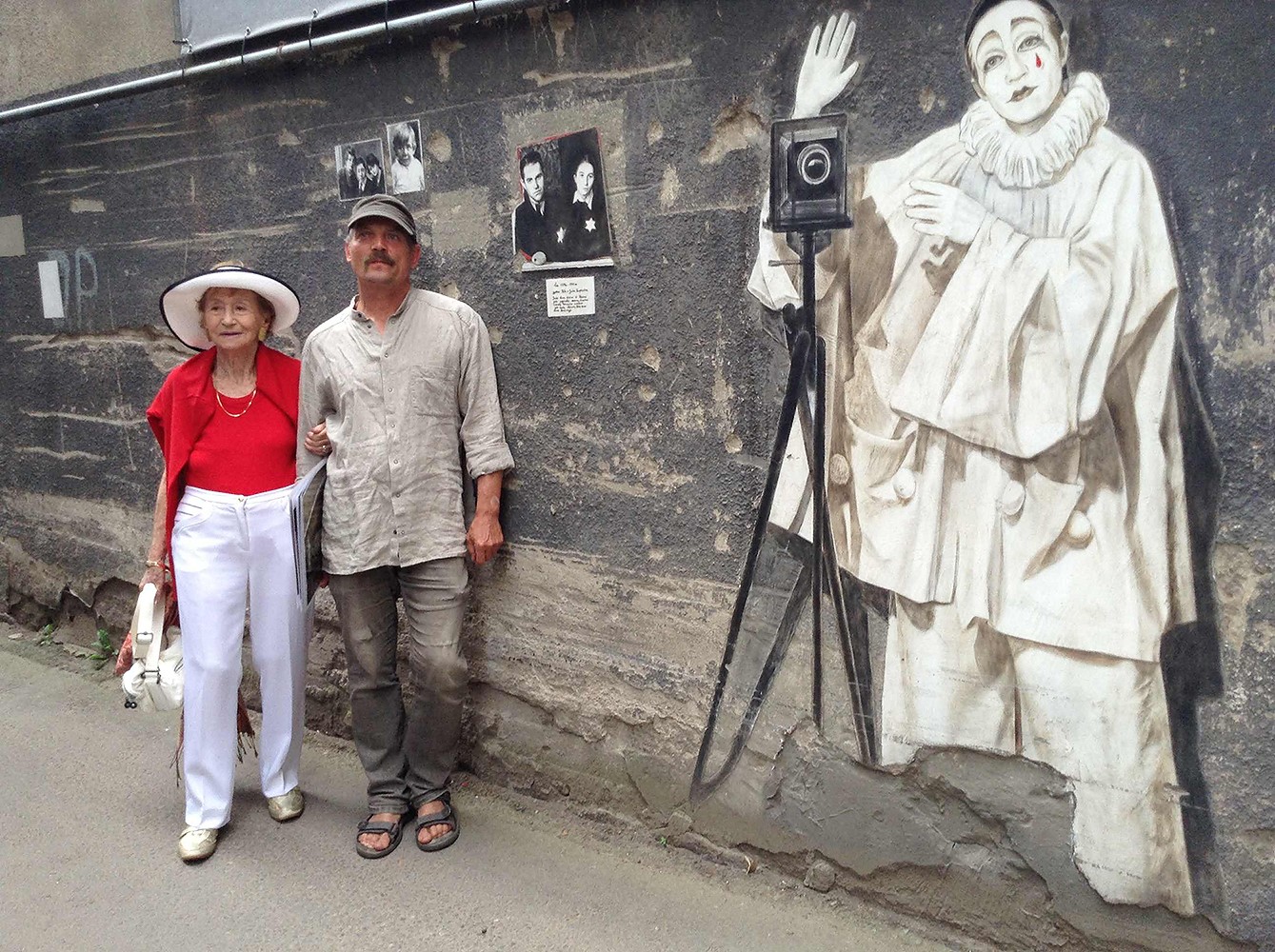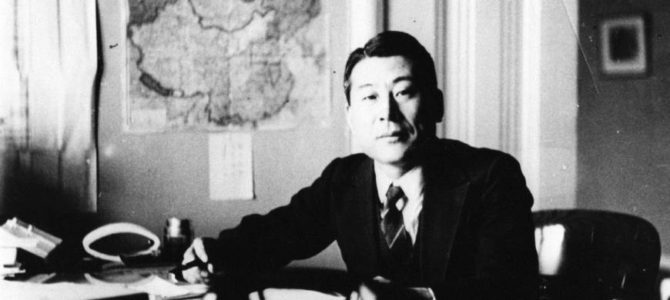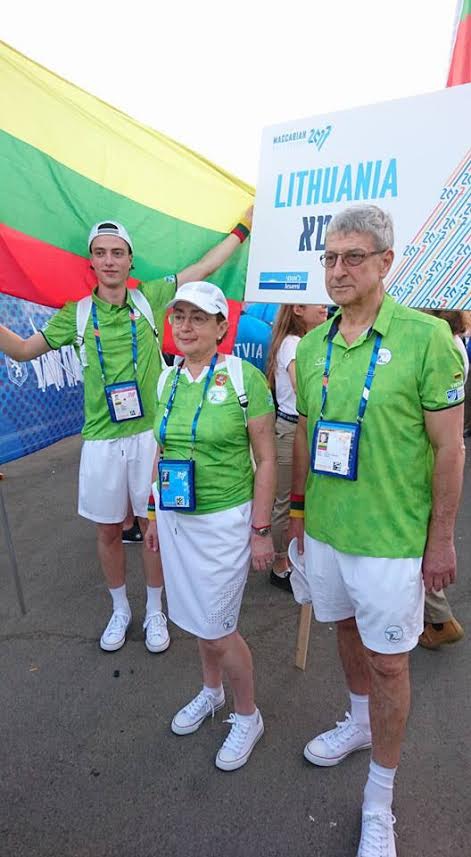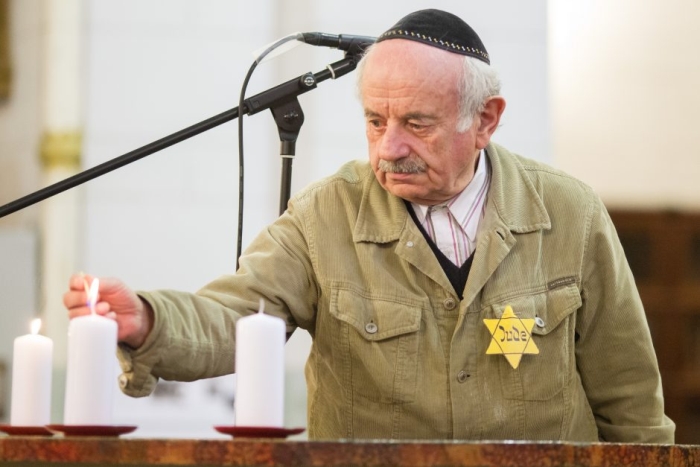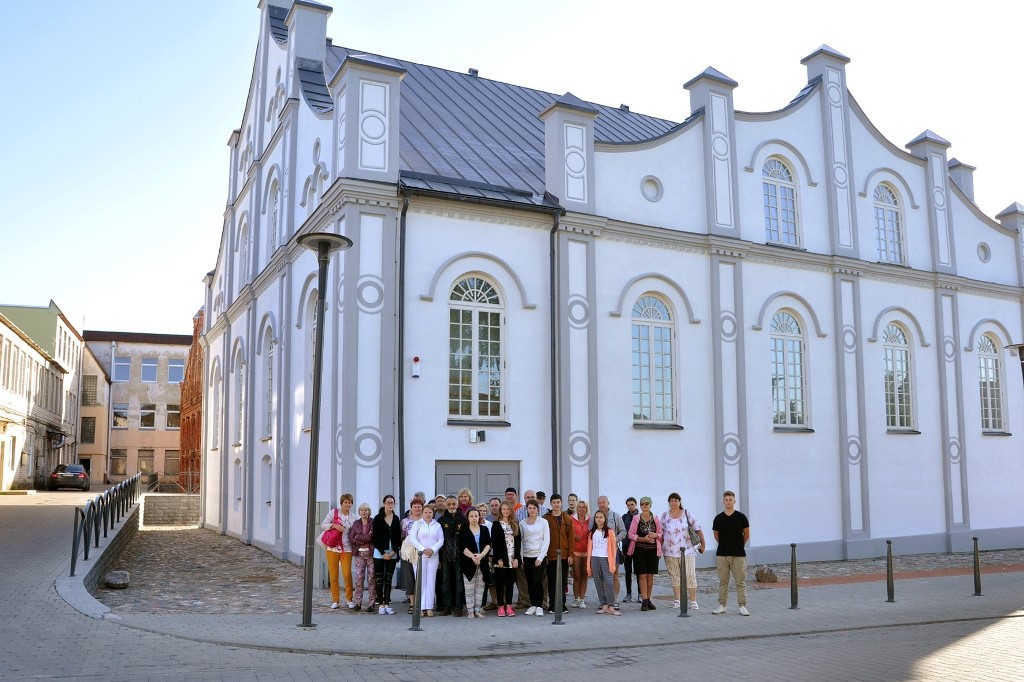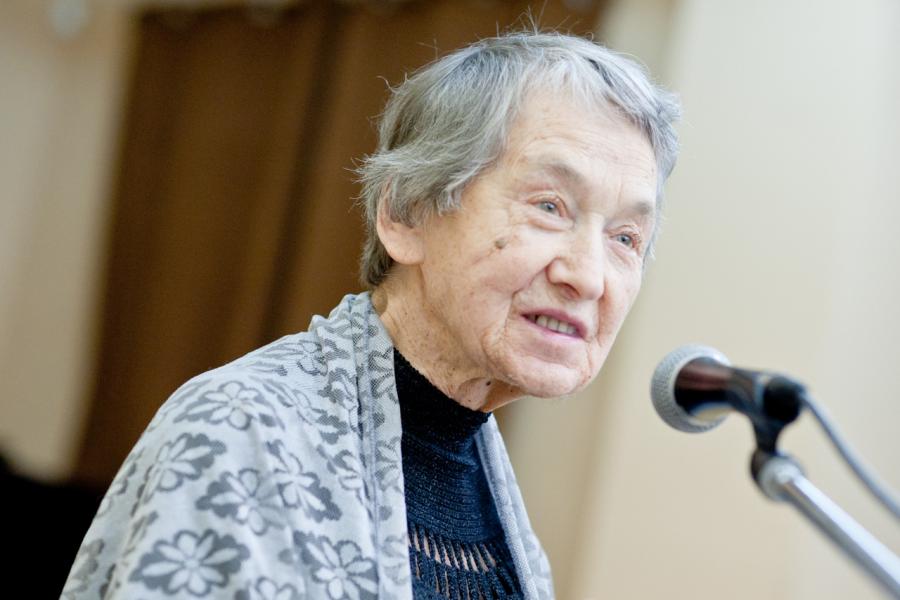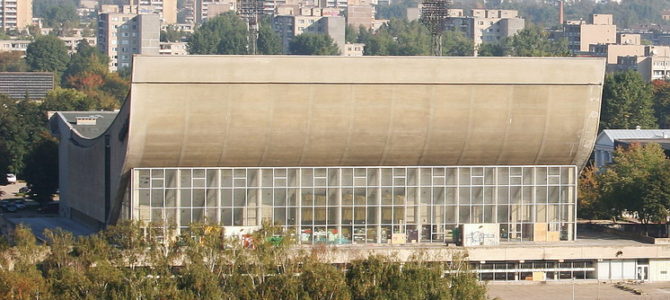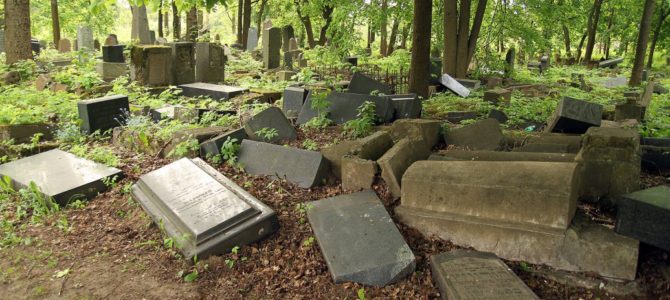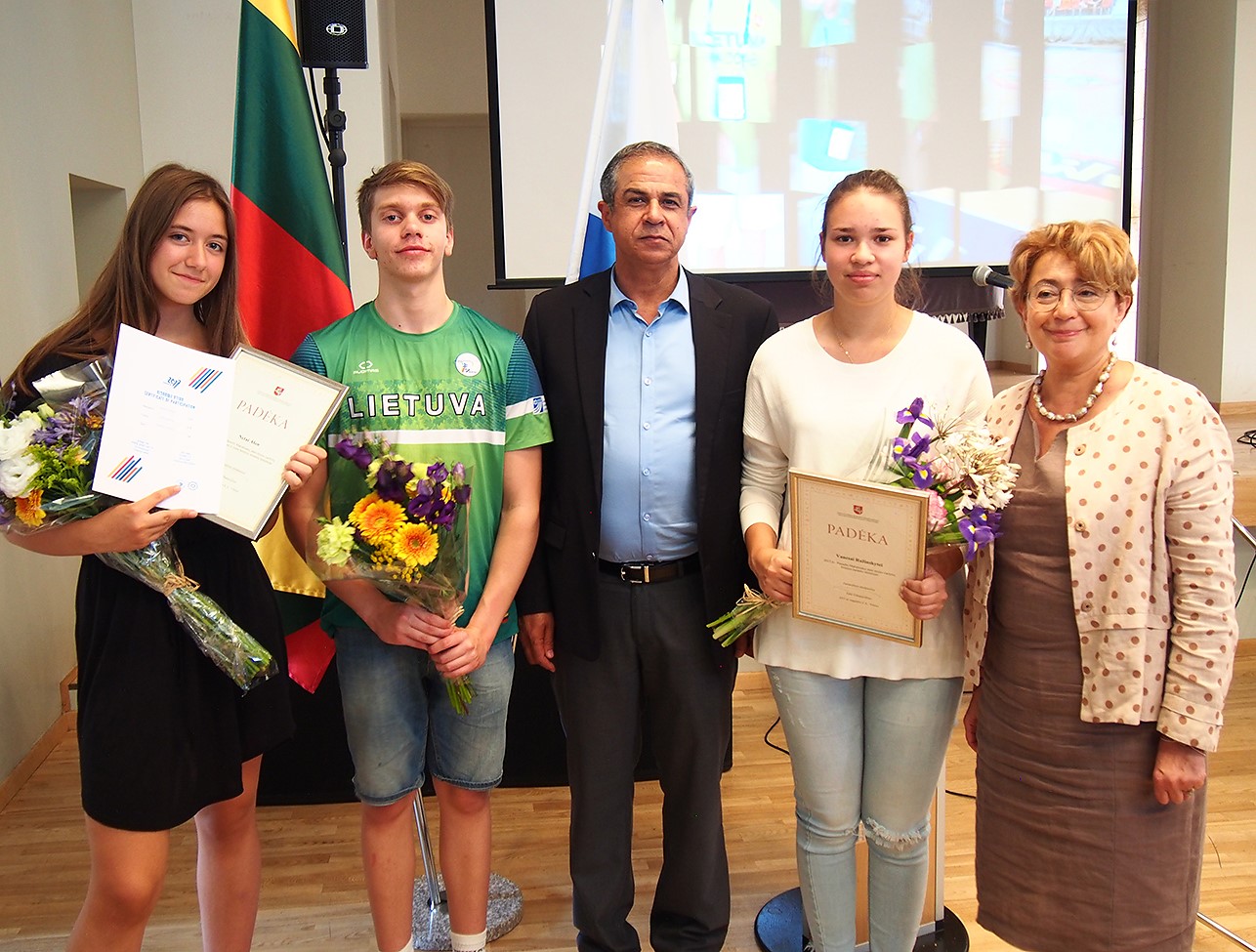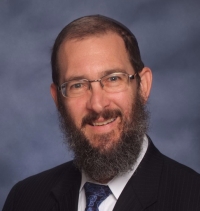
Insights into the destruction of the Second Temple
by Rabbi Yonason Goldson
It was in the year 3826 (66 CE) that the excesses of Roman governance over the Land of Israel finally drove the inhabitants of Jerusalem to the breaking point. On the 17th day of the month of Iyar, the taunts and jeers of Roman soldiers provoked an uprising by the city’s populace more violent than either Jew nor Roman could have imagined. By the end of the day the Jews had retaken control of their capital. The Great Revolt had begun.
The victory in Jerusalem came at a painfully high price. Thousands of Jews across the region were massacred or sold into slavery as citizens in Hellenized cities of Caesaria, Alexandria, and Damascus responded to the Jewish uprising with riots and pogroms. But the official response from Rome was more calculated. To impress upon other nationalities throughout its empire the folly of rebellion, the Roman Senate dispatched a massive army to crush the revolution in Judea.
Faced with the approach of four Roman legions led by Vespasian, one of Rome’s most successful generals, it seems unimaginable that the Jews could have held out any hope of victory. But unlike secular history, the Talmudic record incorporates spiritual, as well as political, cause and effect. Just as the Roman occupation of Israel had been decreed on High in response to the Jews’ spiritual shortcomings, so too did the fate of the Jerusalem ultimately rest in the Jews’ own hands. Spiritually, as well as militarily, it was the Jewish people’s internal divisiveness that left them vulnerable to the power of Rome.


